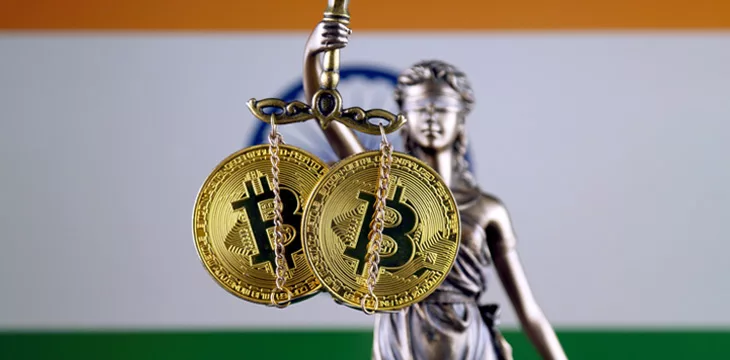|
Getting your Trinity Audio player ready...
|
The Indian Supreme Court has taken swipes at the executive and legislative arms of the central government over the lack of digital currency regulations to standardize the operations of service providers.
The Supreme Court pointed out that it was “unfortunate” for law enforcement not to have a specific rule to investigate and prosecute digital currency offenses, according to a report by the Hindustan Times.
Surya Kant and Dipankar Datta, justices of the Supreme Court, urged the Union Government to reach a decision soon on establishing a unit to investigate digital asset crime.
“We want you to identify a national specialised agency, in the national interest,” the court said. “What kind of a quality investigation can you expect when you have a police constable, who gets promoted to an assistant sub-inspector or a sub-inspector, to handle such cases.”
The Supreme Court noted that the complex nature of digital assets and the underlying blockchain technology requires a specialized investigating unit. According to the court, regular investigators may not possess relevant on-chain skills to identify financial anomalies or follow the money trail on digital currency exchanges.
India’s highest judicial body made the disclosure in a case between the state and Ganesh Shivkumar Sagar, a New Delhi resident arrested on charges of digital currency fraud. In a petition to the court, Sagar protested against his continued incarceration, urging law enforcement to transfer all investigations to a centralized agency.
The court expressed its shock that Indian law enforcement did not have clear rules on the investigation and prosecution of digital currency offenses.
“There has to be some legislative mechanism,” the court stated. “You can tell us that it is for you to decide whether or not you want it. But so long as you don’t have a mechanism, how do you investigate people and keep them behind bars?”
This is not the first time the Indian Supreme Court is talking more about the digital currency industry; in 2020, the central court overruled a 2-year-old ban on financial institutions from facilitating digital currency transactions.
India’s regulations on digital currency have slowed down following India’s G20 Presidency, with the country pushing for common global standards for the industry.
Countries adopting specialized rules
South Korea is the latest country to announce the creation of a specialized unit to investigate and prosecute digital asset crimes.
At the tail end of July, the Seoul Southern District Prosecutors’ Office confirmed the creation of the Virtual Asset Joint Investigation Unit, comprising investigators from four agencies. The move comes on the heels of a year-long investigation into the collapse of Terra’s ecosystem and the need to streamline future probes in the industry.
In the U.S., the Department of Justice (DoJ) and the Securities and Exchange Commission (SEC) have all floated specialized teams to crack down on digital currency offenses, racking up successes along the way.
Watch: In India, there’s a thirst to build useful stuff

 07-08-2025
07-08-2025 





